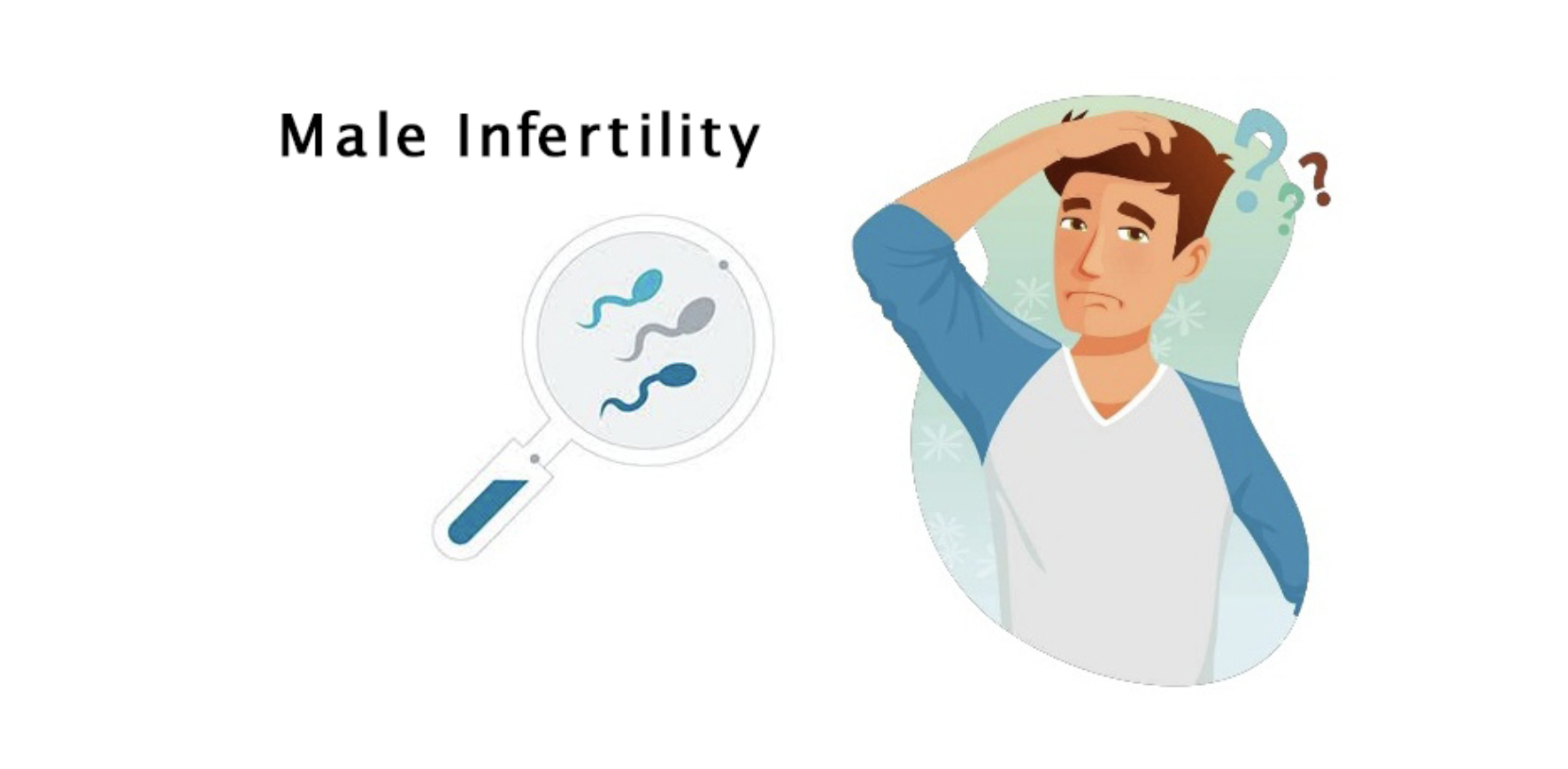
Navigating Male Infertility: Causes, Evaluation, and Solutions
Navigating Male Infertility: Causes, Evaluation, and Solutions
Male infertility is a prevalent issue that affects a significant number of couples trying to conceive. Understanding the common causes, the evaluation process, and available solutions is essential for those facing challenges on the path to parenthood.
How Common is Male Infertility?
Male infertility is more common than often perceived, impacting approximately 7-10% of men. It is a multifaceted issue with various causes, both physiological and lifestyle-related. Male factor infertility is basically the abnormality of semen analysis according to the world health organisation guidelines for semen parameters. Men facing issues with infertility may problem with sperm formation, concentration (oligospermia or too few sperm), azoospermia (no sperm in the ejaculate), or transportation.
Common Causes of Male Infertility:
- Low Sperm Count: Insufficient sperm production or issues with sperm maturation can lead to a low sperm count, reducing the chances of fertilizing the egg.
- Poor Sperm Motility: If sperm struggle to move effectively, reaching the egg becomes a formidable task, hindering the fertilization process.
- Abnormal Sperm Morphology: The structure of sperm is vital for successful fertilization. Abnormalities in sperm shape can impede their ability to penetrate and fertilize the egg.
- Hormonal Imbalances: Disruptions in hormones like FSH, LH, and testosterone can adversely affect sperm production and overall reproductive health.
- Varicoceles: Enlarged veins in the testicles (varicoceles) can lead to overheating, impacting sperm quality and production.
- Genetic Factors: Inherited genetic conditions may contribute to male infertility, emphasizing the importance of genetic testing in some cases
Evaluation at Chawla Nursing Home and Maternity Hospital, Jalandhar, Punjab:
When an individual visits the Male Infertility Clinic at Chawla Nursing Home and Maternity Hospital, they can expect a thorough evaluation by a fertility specialist. surgical specialist or andrologist. The process typically includes detailed history followed by physical examination and investigations
1.Physical Examination: A physical exam can reveal any anatomical issues or signs of underlying health problems. examination will also rule out any varicocele, hernia, hydrocele, thickening or nodularity of the cord , undescended, retractile testes.
2.Sperm Analysis: A cornerstone in assessing male fertility, sperm analysis evaluates sperm count, motility, and morphology. The World Health Organization's (WHO) latest guidelines define normal parameters, aiding in identifying potential issues.
3. Hormonal Studies: Blood tests measure hormones such as FSH, LH, and testosterone, providing insights into hormonal imbalances that may affect fertility.
4. Ultrasound: This imaging technique helps identify structural abnormalities, such as varicoceles or obstructions, which can impact fertility. Srcotal ultrasonography, or Trans rectal sonography or vasography may be done as required.
5. Genetic studies
Importance of Sperm Analysis:
Sperm analysis is a critical diagnostic tool. According to WHO guidelines, a normal sperm count is typically greater than 15 million sperm per milliliter, with at least 40% showing progressive motility and 4% having normal morphology.
Role of Hormonal Studies:
- FSH (Follicle-Stimulating Hormone): Elevated FSH levels may indicate a problem with sperm production.
- LH (Luteinizing Hormone): Abnormal levels can suggest issues with testosterone production.
- Testosterone: Low levels may contribute to reduced sperm production.
Treatment Options:
The choice of treatment depends on the specific cause of male infertility. Some common treatment options include:
- Lifestyle Changes: Adopting a healthy lifestyle can improve sperm quality. This may involve quitting smoking, reducing alcohol consumption, and maintaining a balanced diet and regular exercise routine.
- Medications, injectables and Hormone Replacement Therapy: medicatons or injectables or Hormone therapy can help correct hormonal imbalances, stimulating sperm production.
- Surgery: Surgical procedures can correct anatomical abnormalities, such as varicoceles or obstructions in the reproductive tract. Procedures like TESE (Testicular Sperm Extraction), TESA (Testicular Sperm Aspiration), and PESA (Percutaneous Epididymal Sperm Aspiration) may be recommended to retrieve sperm for assisted reproduction.
- 4. Assisted Reproductive Technologies (ART): In severe cases, ART methods like in vitro fertilization (IVF), intracytoplasmic sperm injection (ICSI) can be used to achieve pregnancy .
- Counseling: Male infertility can be emotionally challenging. Seeking counseling or support can help couples navigate the emotional aspects of infertility.
Why Chawla Nursing Home and Maternity Hospital?
Chawla Nursing Home and Maternity Hospital, situated in Jalandhar, Punjab, stands out as a leading institution for male infertility care. With a team of fertility ,surgical specialist and andrologist, advanced facilities, and a patient-centric approach, the clinic offers comprehensive solutions for male fertility issues.
Contact Information:
Chawla Nursing Home and Maternity Hospital, Jalandhar, Punjab, India
Contact Number: 7307103001,9023703001

